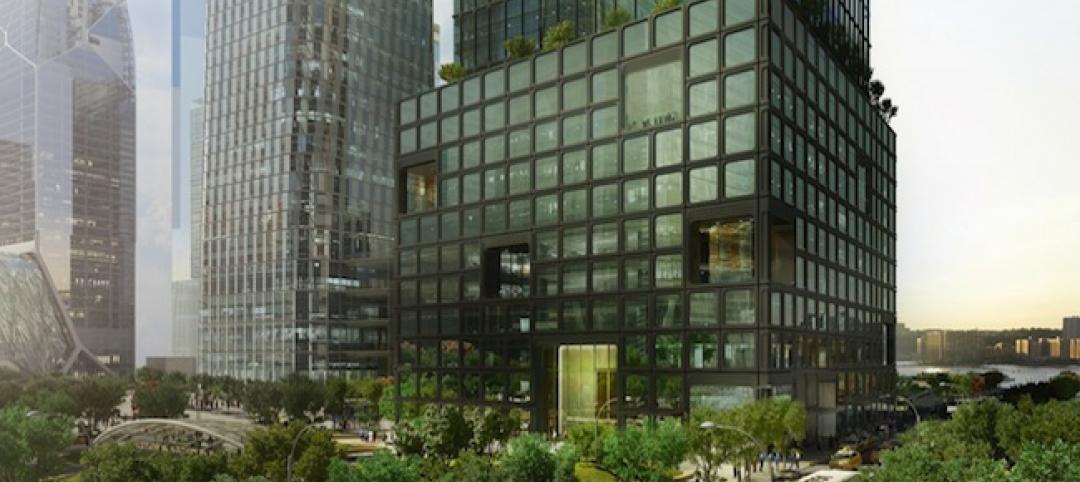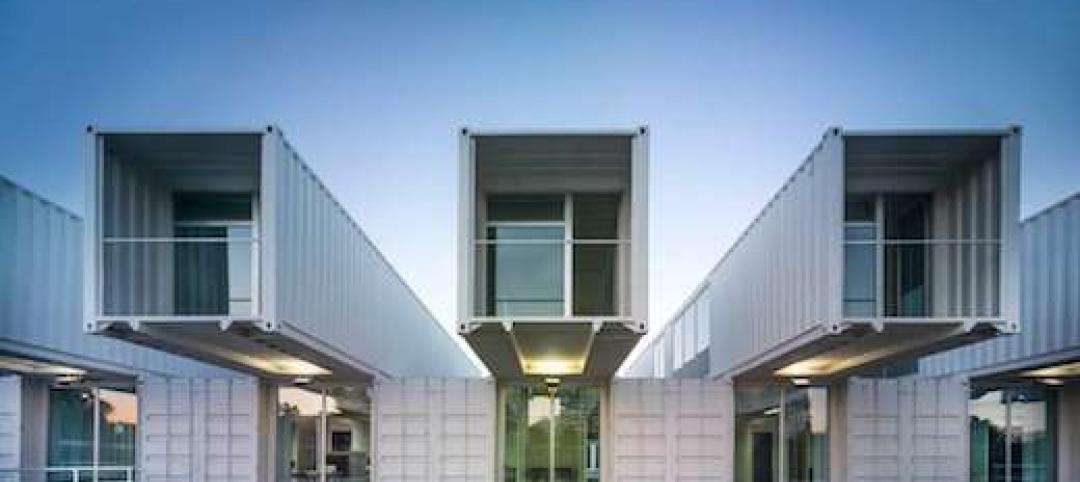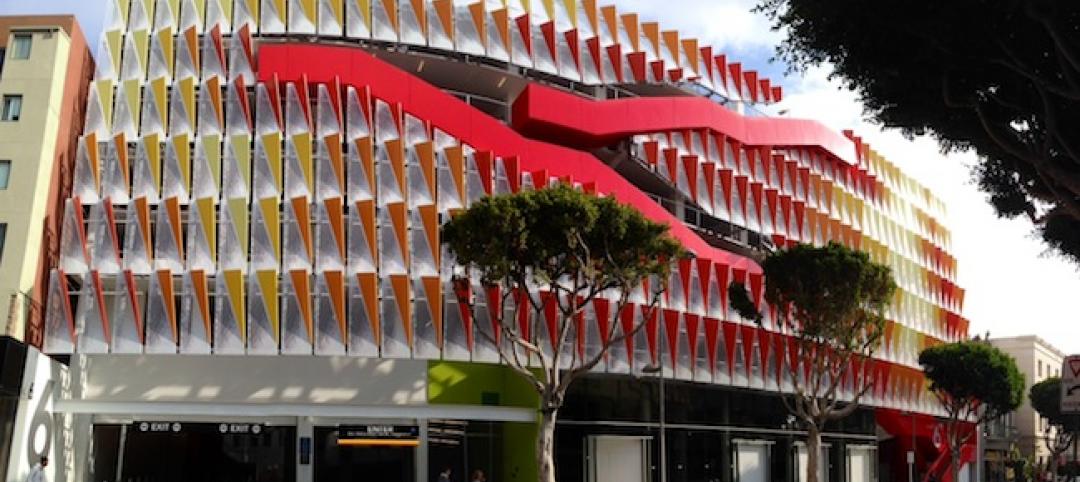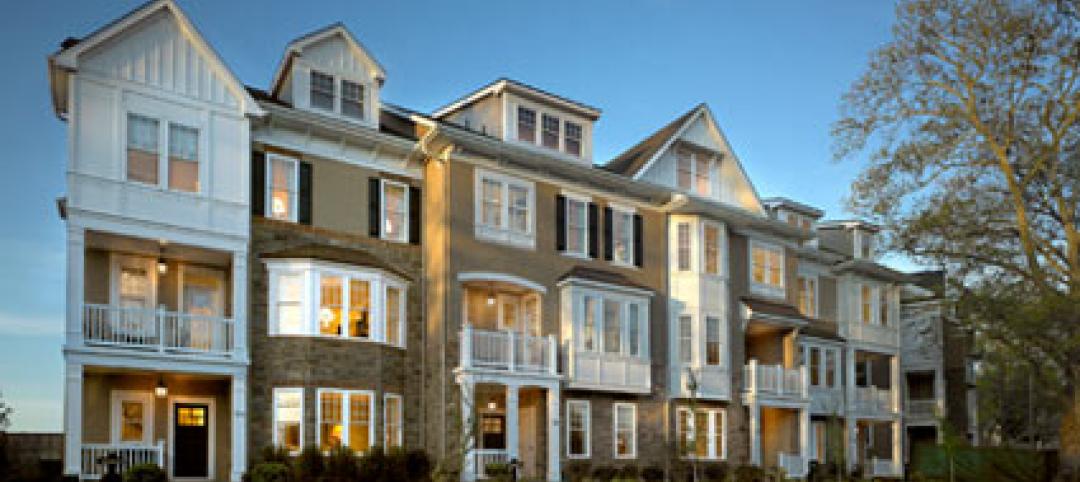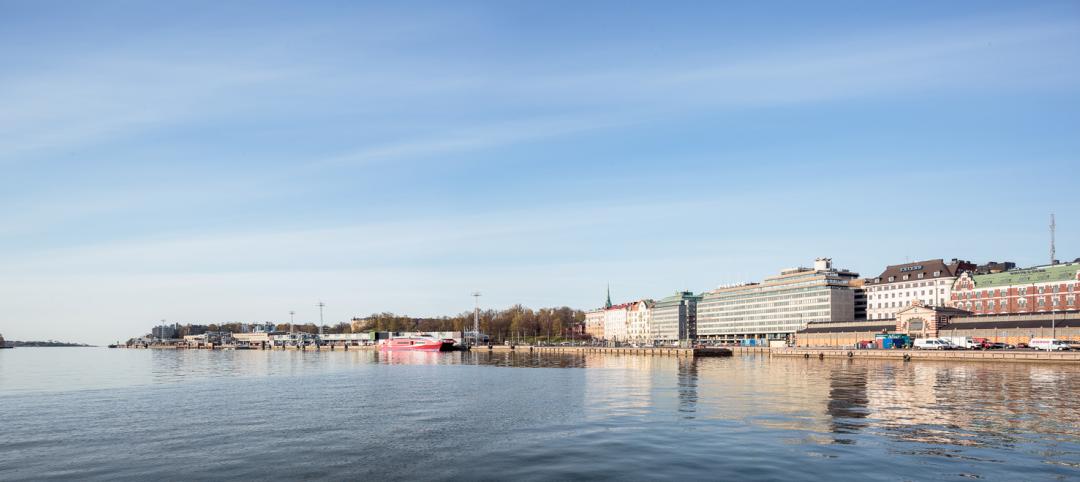Washington, D.C. – May 12, 2011 – The U.S. Green Building Council (USGBC) and the American Institute of Architects (AIA) today unveiled Local Leaders in Sustainability: A Special Report from Sundance, which outlines a five-point national action plan that mayors and local leaders can use as a framework to develop and implement green schools initiatives.
“This report should serve as a guidepost for many communities throughout the country that are looking for ways to implement green initiatives but fear the expense involved,” said AIA President Clark Manus, FAIA. “In reality, the average school is 42 years old, and energy inefficiencies cost it approximately $100,000 a year, money that could be better spent on teachers, education materials, books or computers.”
The steps outlined in the five-point plan include tangible action steps and are based on the conversations that took place at Sundance and successful green schools initiatives from across the United States and include:
1. Connect with the Green Schools Movement
2. Engage Stakeholders and Raise Awareness
3. Build Community Support and Capacity
4. Make it Happen: Benchmarking, Policy and Financing
5. Celebrate Success
The report also provides a comprehensive review of the benefits of green schools; a summary of local, state and federal policy solutions; leadership profiles of green school advocates; and case studies from both large cities and small communities. Together, these resources serve as a roadmap on the journey to green schools.
This special report stems from outcomes at the Greening of America’s Schools Summit, which took place November 2010 at the Redford Conference Center at Sundance, Utah. USGBC and its Center for Green Schools; the Redford Center, founded by Robert Redford; and ICLEI – Local Governments for Sustainability USA, collaborated to host the Greening of America’s School Summit, which brought U.S. mayors and superintendents from cities across the country, along with leaders in green design, education, arts and green school advocacy to take part in an intimate discussion on the importance of greening school districts.
“Through the greening of America’s schools, we have the chance to improve the health and education of our children, inspire future leaders and create a stronger America,” said Rick Fedrizzi, President, CEO and Founding Chair, USGBC. “Sundance was just the beginning. This comprehensive blueprint provides local policy makers and community members ways in which they too can accelerate green schools in their areas.”
“The Greening of Americas Schools Summit marked an important first step in realizing that the environmental quality of our schools is essential to our future and long-term well-being. As a result, Mayors and Superintendents came together to chart a new course toward healthy, sustainable schools where our children can grow and excel. We must now take this blueprint into action so that every child in America can attend a green school within this generation,” said Martin J. Chávez, Executive Director, ICLEI - Local Governments for Sustainability USA.
The report was issued this week at the 2011 AIA National Convention and Design Exhibition in New Orleans and USGBC’s annual Government Summit in Washington, D.C. It can be downloaded free-of-charge from centerforgreenschools.org/actionplan.
About The American Institute of Architects
For over 150 years, members of the American Institute of Architects have worked with each other and their communities to create more valuable, healthy, secure, and sustainable buildings and cityscapes. Members adhere to a code of ethics and professional conduct to ensure the highest standards in professional practice. Embracing their responsibility to serve society, AIA members engage civic and government leaders and the public in helping find needed solutions to pressing issues facing our communities, institutions, nation and world.
About the U.S. Green Building Council
The Washington, D.C.-based U.S. Green Building Council is committed to a prosperous and sustainable future for our nation through cost-efficient and energy-saving green buildings. With a community comprising 79 local affiliates, 16,000 member companies and organizations, and more than 155,000 LEED Professional Credential holders, USGBC is the driving force of an industry that is projected to contribute $554 billion to the U.S. gross domestic product from 2009-2013. USGBC leads an unlikely diverse constituency of builders and environmentalists, corporations and nonprofit organizations, elected officials and concerned citizens, and teachers and students.
Related Stories
| Jun 6, 2014
Must see: Can a floating city offset urban population growth in China?
AT Design Office has proposed a design for a floating city to offset increasing urban populations in China. To create the new city, a 10-square kilometer island would be made out of prefab blocks.
| Jun 6, 2014
KPF, Kevin Roche unveil design for 51-story Hudson Yards tower in NYC [slideshow]
Related Companies and Oxford Properties Group are teaming to develop Fifty Five Hudson Yards, the latest addition to the commercial office tower collection in the 28-acre Hudson Yards development—the largest private real estate development in the history of the U.S.
| Jun 6, 2014
Shipping container ship terminal completed in Spain
In Seville, Spain, architectural firms Hombre de Piedra and Buró4 have designed and completed a cruise ship terminal out of used shipping containers.
| Jun 5, 2014
International Parking Institute names best new parking structures
Winners include garages that are architectural delights, an airport's canopied parking atrium, and an environmentally friendly garage under America's oldest park.
| Jun 4, 2014
Emerging trends in healthcare development: neighborhood care, mixed-use models on the rise
In urban and even suburban markets, real estate is about the "live, work, play," with close proximity to mass transit and other amenities, like retail stores. Healthcare organizations are following suit.
| Jun 4, 2014
Want to design a Guggenheim? Foundation launches open competition for proposed Helsinki museum
This is the first time the Guggenheim Foundation has sought a design through an open competition. Anonymous submissions for stage one of the competition are due September 10, 2014.
| Jun 4, 2014
Market update: A difficult first quarter for construction spending comes to an end
This year's unusually difficult winter took its toll on construction activity. Nonetheless, first quarter spending for all the major groups was up compared to the same period in 2013.
| Jun 4, 2014
Construction team named for Atlanta Braves ballpark
A joint venture between Barton Malow, Brasfield & Gorrie, Mortenson Construction, and New South Construction will build the Atlanta Braves ballpark, which is scheduled to open in early 2017. Check out the latest renderings of the plan.
| Jun 3, 2014
Must see: World's tallest LEGO tower built in Budapest
The tower, built in front of St. Stephen's Basilica, is topped with a Rubik's cube and was built using thousands of blocks.
| Jun 3, 2014
Great leadership comes down to one thing
While it’s often said that strong leadership is an organization’s competitive advantage, is there a single characteristic that can predict which leaders will be most effective? SPONSORED CONTENT



